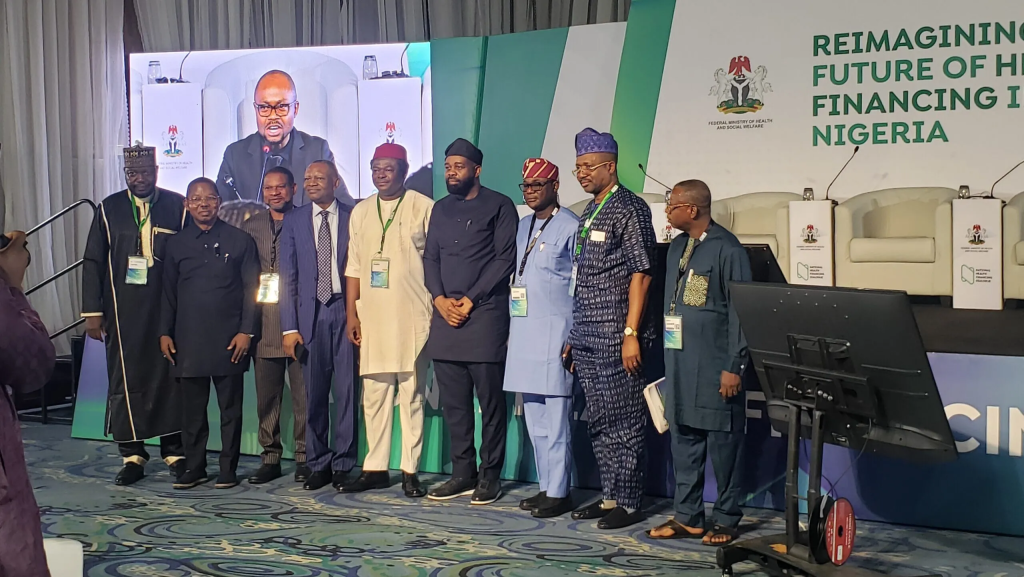
Despite a 2022 law making health insurance mandatory for all citizens, more than 90 per cent of Nigerians remain uninsured, according to the Director-General of the National Health Insurance Authority (NHIA), Dr. Kelechi Ohiri.
Speaking on Wednesday at the National Health Financing Dialogue in Abuja, Dr. Ohiri revealed that fewer than 20 million Nigerians — less than 10 per cent of the population — are currently covered under any health insurance scheme.
“We cannot continue to have a system where health shocks push families into poverty. Insurance is meant to be the cushion, but the pool remains too shallow,” he warned.
Dr. Ohiri outlined three critical obstacles to health insurance expansion in Nigeria:
To strengthen demand-side financing, Dr. Ohiri suggested:
He also disclosed that the NHIA is reviewing its benefit packages to cover prosthetics, physiotherapy, and rehabilitation services.
Additionally, the authority is partnering with the Ministry of Women’s Affairs and development partners like UNFPA to provide empowerment and rehabilitation programmes for women and girls.
At the dialogue, health insurance executives from several states flagged the plight of pensioners who often lose insurance coverage when state governments stop paying their premiums.
Mr. Abiodun Oyeneyin (Ondo), Mr. Uchenna Ewelike (Imo), and others agreed that retirees face the greatest risks without reliable coverage.
“We had to convince the government that quality care is not just a health issue but also a political one. Families will only support and defend a programme that gives their parents dignity at the point of care,” Mr. Ewelike said.
Another recurring issue was trust in the system. Panelists acknowledged that accreditation of facilities does not always guarantee quality services.
To address this, some state health insurance agencies are introducing:
But they admitted that weak oversight and limited resources continue to undermine public confidence.
For many stakeholders, the missing piece remains political will and enforcement.
Mr. Oyeneyin (Ondo) and Mr. Ewelike (Imo) emphasized that without enforcement, mandatory insurance laws will remain largely symbolic.
Meanwhile, Mr. Adekunle Aladare of the Kogi State Health Insurance Agency pointed out that since over 80 per cent of Nigerians work in the informal sector, most cannot pay full premiums without government subsidies.
“Government must provide partial subsidy and that can only come when there is political will,” he stressed.
While the NHIA Act of 2022 was a milestone, experts agree that without stronger enforcement, subsidies for the poor, and sustained political commitment, Nigeria risks leaving millions uninsured and vulnerable to health shocks.